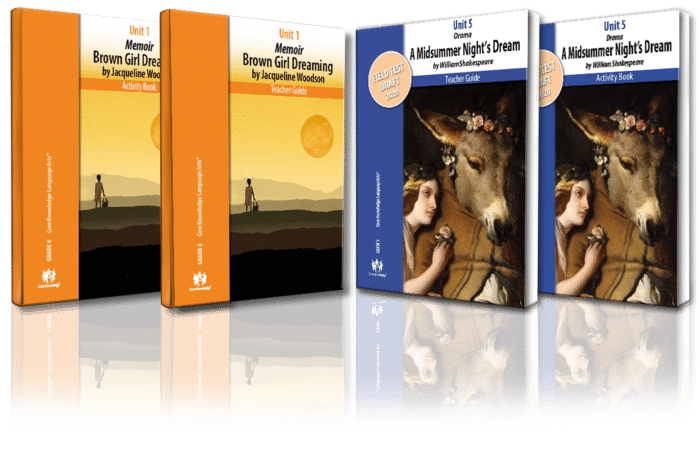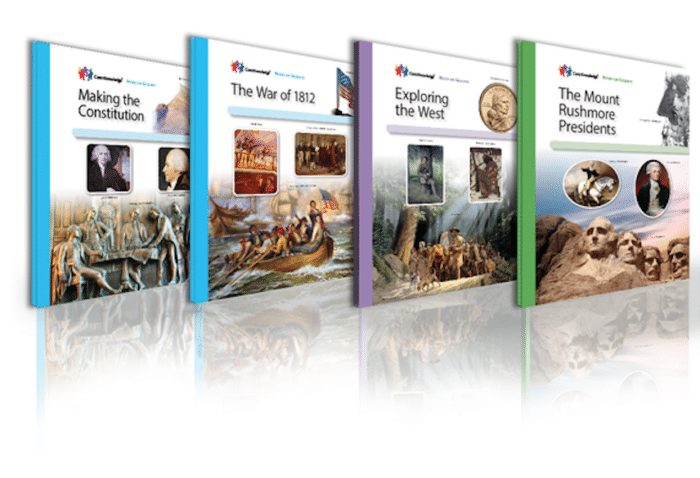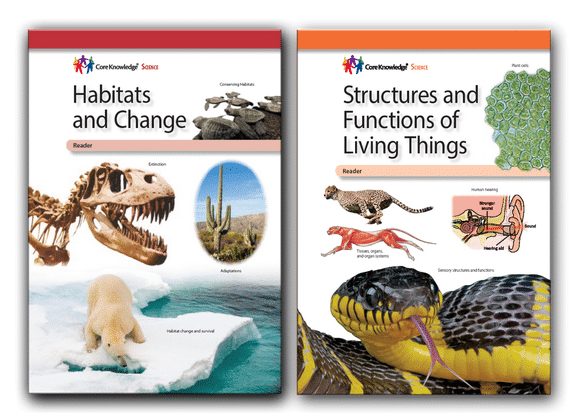As COVID-19 has forced countless schools to abruptly shift instructional delivery from face-to-face to online instruction, parents and guardians who were already wearing multiple hats, were left to take on a new role—teacher. If you are one of those parents, you may feel overwhelmed by the task that you now face. We want to help you on this journey. While we cannot counsel parents individually, we hope you will find the information and tools below useful as you take on this new role.
Homeschool Webpage
The Core Knowledge Foundation has created a new webpage dedicated to meeting the needs of parent/guardian educators. This page addresses four central questions that we’ve heard from our growing homeschooling community:
- What is the Core Knowledge curriculum?
- How do I get Core Knowledge instructional materials?
- How can I prepare to teach the curriculum?
- Where can I find more support?
We encourage you to review the contents on this page in order to learn more about and access the instructional materials that we offer for FREE DOWNLOAD.

Tips for “Getting Started”
Setting aside time for instruction
Taking the first step is often the most challenging. We recommend that you start first by determining how much time you will realistically be able to spend teaching your child, or children, each day. We recognize that few parents or guardians will be able to provide a typical six hour school day of instruction. Fortunately, working one-on-one, or even with several children, at home will likely mean that you are able to accomplish more within a certain period of time than a teacher who is responsible for twenty-five or more students.
Setting priorities in grades K–2
Next, you need to set priorities. Beginning readers will be less capable of working on their own and will require more guidance and attention. At these grade levels, if you are only able to set aside 1–2 hours daily to teach, we recommend that you primarily focus on reading and math instruction. However, not just any reading program will do.
Reading: Core Knowledge Language Arts (CKLA)
Reading is a “two-lock box” that requires two different keys.

Children need to learn phonics to decode and sound out written words. In CKLA, this type of instruction is presented in units referred to as “Skills” instruction. You can download the first K–2 units here: Kindergarten, grade 1, and grade 2; Click “next unit” to access later unit materials.
For additional Skills practice, we highly recommend that you check out the FREE CKLA learning games and digital resources that are currently available for download from our commercial partner, Amplify, Inc.

The second key to reading is language comprehension. Students must grasp the idea that written words convey meaning. By listening to someone read aloud, children learn about many new things. Building knowledge is a key to understanding what they will later read on their own. If you have limited time and cannot teach separate social studies or science programs, using a reading program with a knowledge component is critical. In CKLA, this type of instruction is presented in units referred to as “Domains” or “Listening and Learning” instruction.
FREE K–2 CKLA Listening and Learning units can be accessed here.
If you are looking for shorter, illustrated read-alouds presented in a grade-level book, consider our What Your ___Needs to Know series, available for purchase:
- What Your Kindergartener Needs to Know
- What Your First Grader Needs to Know
- What Your Second Grader Needs to Know
If you have additional time for daily instruction, we recommend that you consider using the following FREE resources to expose your children to a wealth of rich content and experiences.
Social Studies: Core Knowledge History and Geography (CKHG)
Science: Core Knowledge Science (CKSci)
Setting priorities in grades 3–8
Students in Grade 3, and above, can often work with some degree of independence. For example, many can read several pages/chapters on their own for a 15–20 minute duration, and are capable of completing assignments and projects with limited guidance. Older students typically can pay attention and persevere for longer periods of time. As a result, you can plan for longer blocks of instruction. FREE resources that you may wish to consider include:
Reading: Core Knowledge Language Arts (CKLA) currently 3–5
Social Studies: Core Knowledge History and Geography (CKHG) currently 3–6
Science: Core Knowledge Science (CKSci) currently 3–5
Math: The Core Knowledge Foundation has plans to offer a math curriculum in the future. No date of publication for math materials is available at this time.
If you are looking for free math resources available online, you may be interested in exploring the Grades 6–8 units developed by Illustrative Math and the PreK–12 modules available via EngageNY.
Looking for Middle School Resources. Click here to learn more.
Gathering Resources

Once you determined what you want to use, decide how you will acquire these resources. You can download and use the FREE materials on a laptop and/or print out Teacher Guides and Student Books. The Foundation has also made Core Knowledge History and Geography (CKHG) and Core Knowledge Science (CKSci) resources available as affordable Homeschool Sets. The CKHG and CKSci materials, available for download at no cost, are exactly the same as the print materials offered for purchase.
Please contact Amplify at 800-823-1969 or CKLA@amplify.com if you are interested in purchasing 2nd edition Core Knowledge Language Arts (CKLA) Homeschool Sets.
Engaging with the Community
You are not alone. Hundreds of parents, from across the country, use Core Knowledge materials in a homeschooling setting. Considering reaching out to your peers in order to learn more about their experiences and recommendations.
- Facebook Homeschool Discussion Group
- Online Discussion Boards: Send a blank e-mail to ckhomeschoolers-subscribe@yahoogroups.com to be enrolled.
Quick Tips Before Teaching
Like the process of “getting started,” there are variety of effective practices that support preparation efforts. Below, you’ll find a list of steps to consider as you get ready to teach:
- Scan the Teacher Guide ‘Introduction’—Each unit’s introduction offers information that can assist with planning efforts (e.g., pacing) as well as building understanding around the big idea and key concepts addressed through instruction.
- Gather ancillary materials—At times, CKLA and CKSci require additional resources to be used as part of instruction. For CKLA, the props or realia serve as concrete examples of core concepts or vocabulary. In CKSci, materials are used as part of experiments and hands-on investigations.
- Scan individual lessons—By reviewing the scope and presented activities, you will be better equipped to engage your child as well as support him/her with meeting the lesson objectives.
- Copy/print student activity pages/assessments before sitting down to work with your child— In CKHG and CKSci, the “Teacher Resources” section at the back of each Teacher Guide includes blackline masters of all student activity pages and assessments.
- Check the CKHG and CKSci Online Resource links prior to instruction— Here you will find additional, third-party materials and activities to supplement your instruction. The Core Knowledge Foundation team monitors these links, but, since these are third-party sites, there is the possibility of a link being moved or broken. Testing the links in advance provides you with an opportunity to locate a replacement or prepares you to skip one of these optional activities. (Please let us know if you find a link that does not work.)


 So be sure to also check out the
So be sure to also check out the 
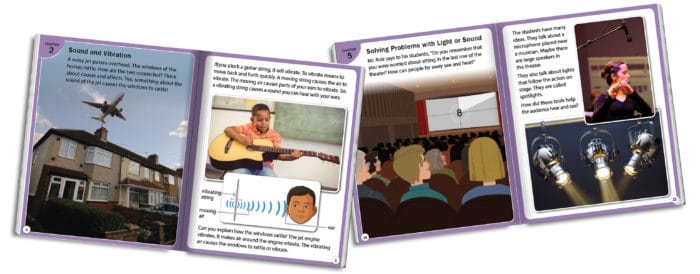
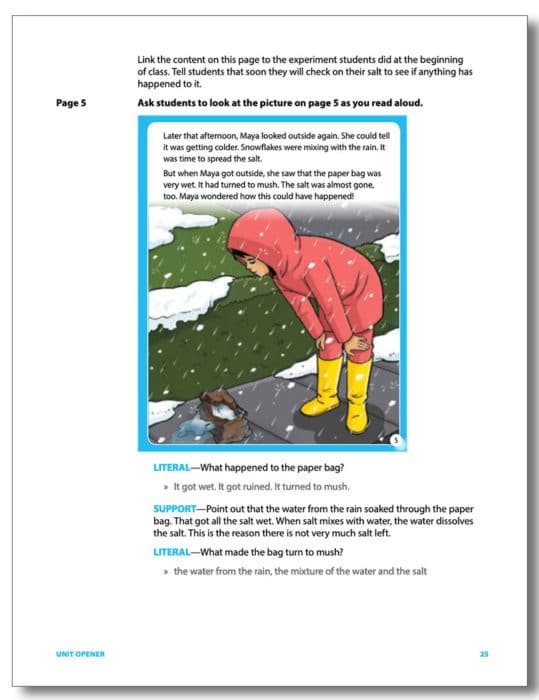
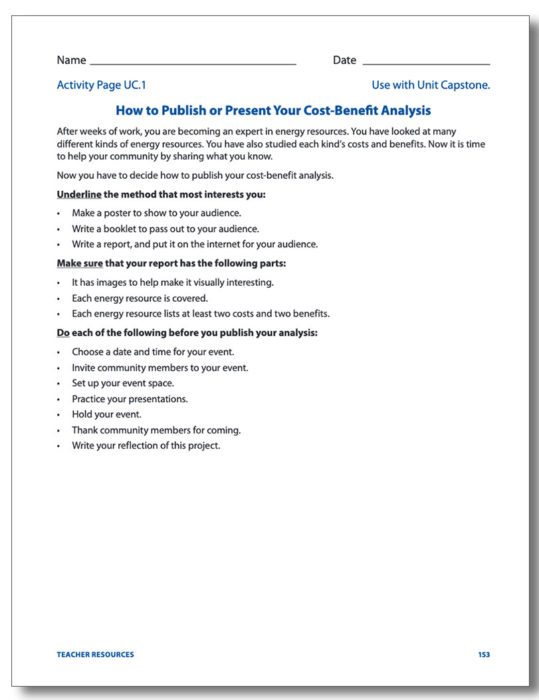

 For example, the history, experiences, and contributions of Black Americans are interwoven throughout the CKHG materials. See:
For example, the history, experiences, and contributions of Black Americans are interwoven throughout the CKHG materials. See: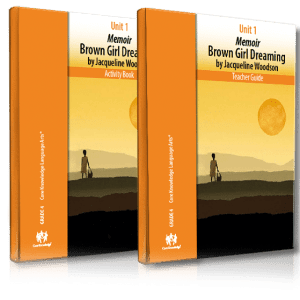

 CKHG K Native Americans
CKHG K Native Americans
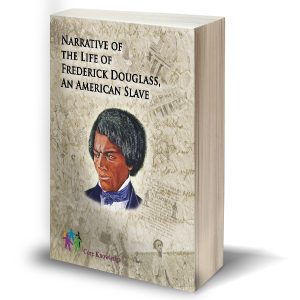

 There are also many wonderful trade books, i.e. books by other writers and publishers, available from various booksellers; here are some titles that we have read and encourage you to review and consider for inclusion in your classroom or school library:
There are also many wonderful trade books, i.e. books by other writers and publishers, available from various booksellers; here are some titles that we have read and encourage you to review and consider for inclusion in your classroom or school library:
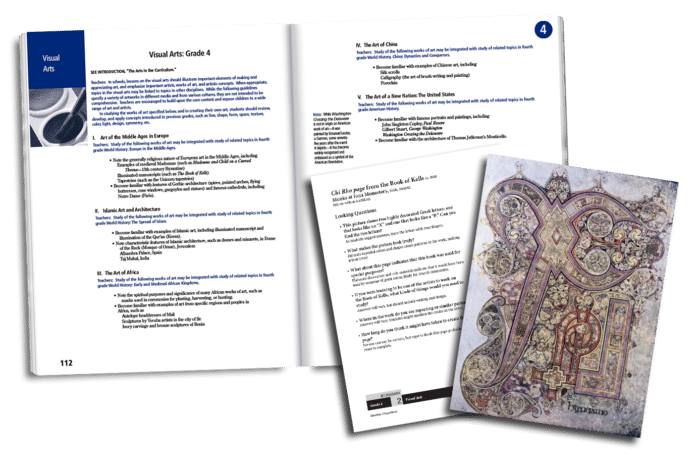
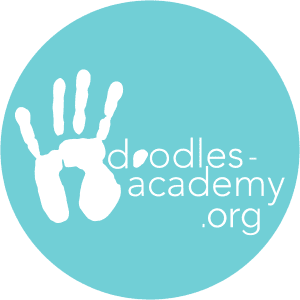
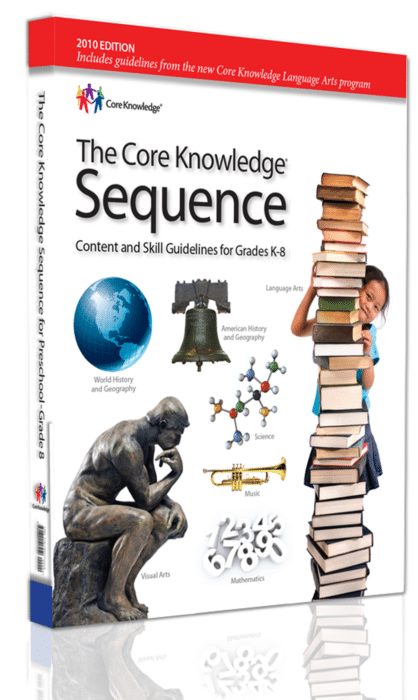
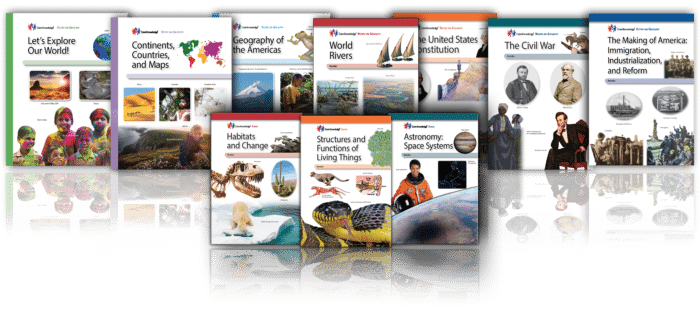
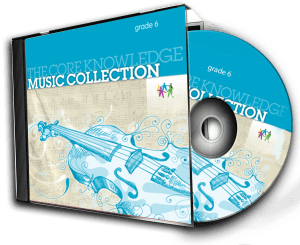
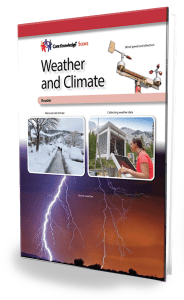

 To help educators and families, we have been exploring top-rated sites and programs that are high quality, easy to use at home, and totally free. This is along with our own Prek–Grade 5 Language Arts program (CKLA), K–Grade 6 History and Geography Program (CKHG), and our Grade 3–5 Science program (CKSci), which are also available for
To help educators and families, we have been exploring top-rated sites and programs that are high quality, easy to use at home, and totally free. This is along with our own Prek–Grade 5 Language Arts program (CKLA), K–Grade 6 History and Geography Program (CKHG), and our Grade 3–5 Science program (CKSci), which are also available for  Our publishing partner Amplify has also created a website to house their many resources that they are proving free of charge. On this
Our publishing partner Amplify has also created a website to house their many resources that they are proving free of charge. On this 
 The Core Knowledge Foundation has also been working to
The Core Knowledge Foundation has also been working to 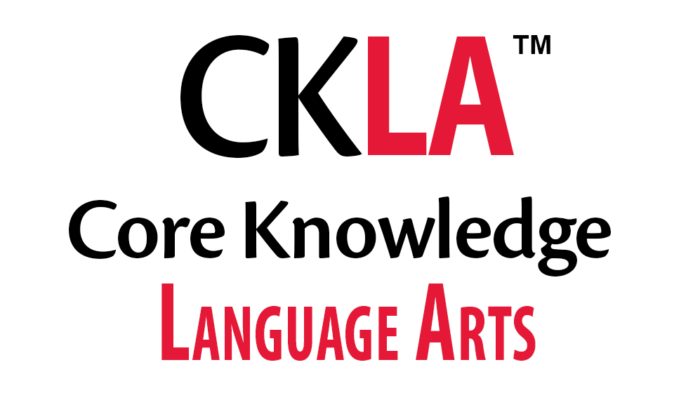 FREE ONLINE CKLA READ-ALOUDS FOR K-3
FREE ONLINE CKLA READ-ALOUDS FOR K-3 The collection does not (yet!) include a read-aloud of every CKLA K-3 Listening and Learning selection. So, we are also asking for your help in building this library.
The collection does not (yet!) include a read-aloud of every CKLA K-3 Listening and Learning selection. So, we are also asking for your help in building this library.